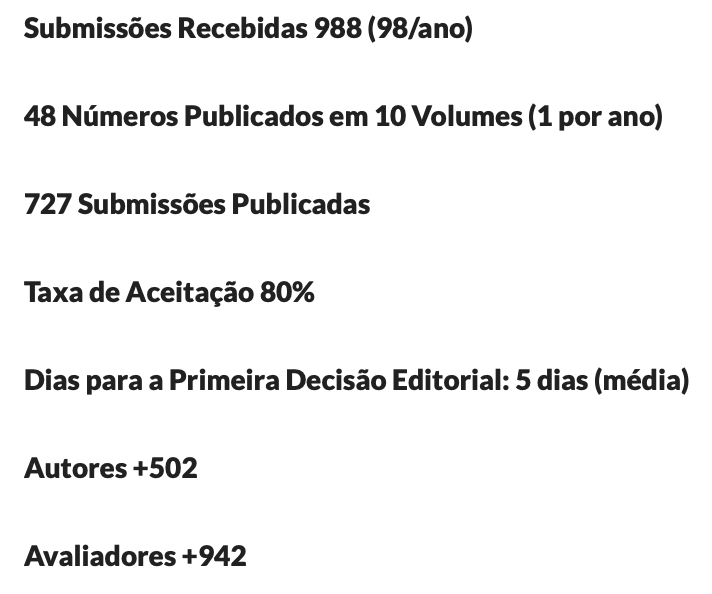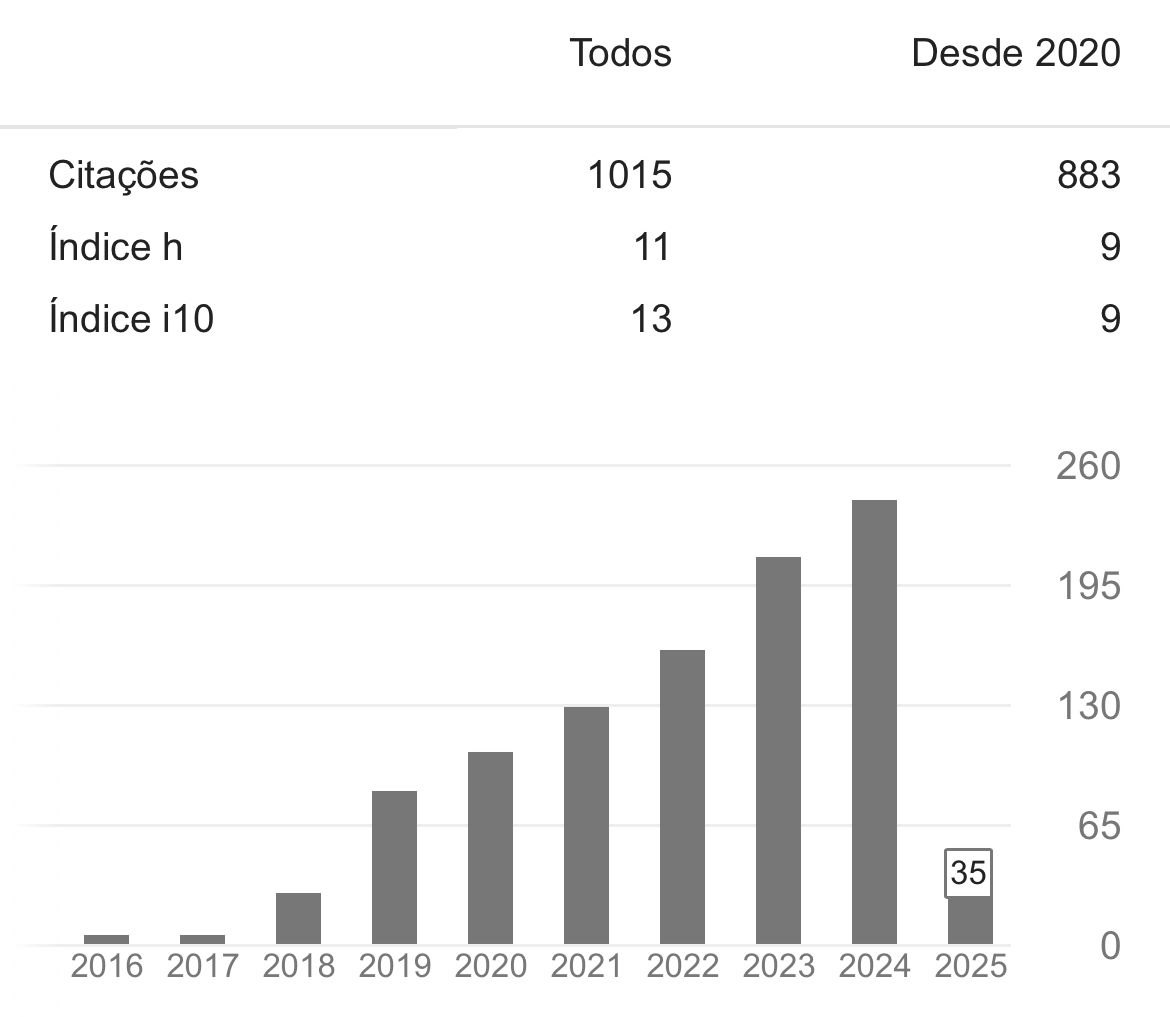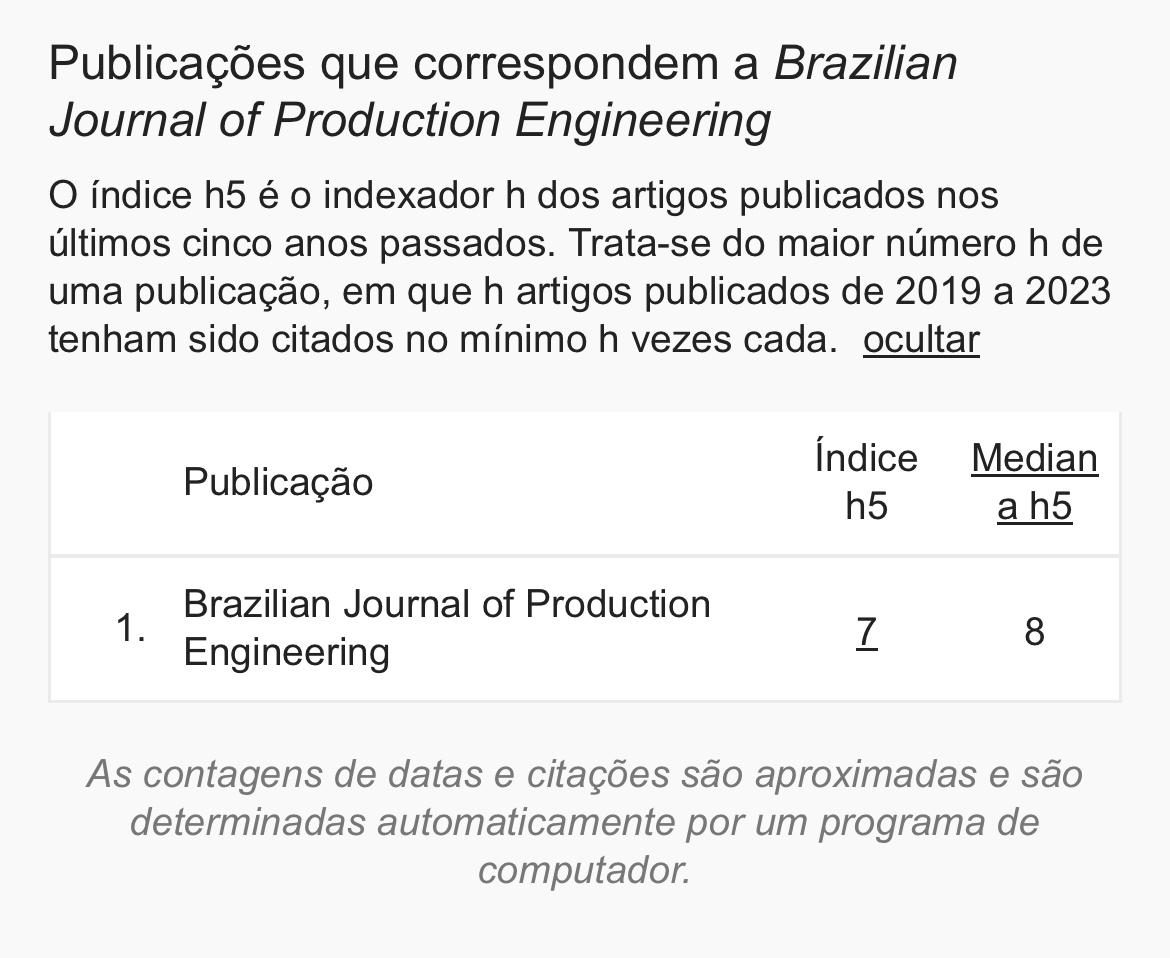Problem solving and project management: optimization proposal for the metalworking sector in São Paulo
DOI:
https://doi.org/10.47456/bjpe.v7i5.35821Keywords:
Project Management, Problem solving , Lean ManufacturingAbstract
Problems happen daily within organizations and in the daily life of project managers. The way to deal with these problems is not always done considering systematic, well-structured and project management methodologies. However, the objective of this research was to identify in the literature the main problem-solving methodologies, collect information in the São Paulo metal-mechanical sector about how they are managed and to propose an approach from the perspective of project management. The method has a quantitative approach and the technical procedure for data collection was carried out using a questionnaire using a Likert scale. The data collected allowed an analysis of how problems are handled by the focus universe of study and they demonstrated a need for better tools to plan how to carry out activities. Nevertheless, the real and main contribution of this research is the proposal to implement an approach based on the “Lean Manufacturing” philosophy using “canvas” as ways to optimize the industrial production process to solve problems in a structured way.
Downloads
References
Associação IPMA Brasil de Gerenciamento de Projetos. (2012). National Competence Baseline-NCB. Referencial Brasileiro de Competências. Recuperado de https://www.academia.edu/6606190/Associa%C3%A7%C3%A3o_IPMA_Brasil_de_Gerenciamento_de_Projetos_NCB_National_Competence_Baseline
Ballé, M., Jones, D., Chaize, J., & Fiume O. (2019). A Estratégia Lean: Para Criar Vantagem Competitiva, Inovar e Produzir com Crescimento Sustentável (1a ed.). Porto Alegre: Bookman.
Bonat, D. (2009). Metodologia de Pesquisa (3ed)., Curitiba: IESDE Brasil S.A
Camargo, M. (2018). Gerenciamento de Projetos (2a ed.). Rio de Janeiro: Grupo GEN.
Capaldo, A. D. (2007). Gerenciamento ágil de projetos - Aplicação em produtos inovadores (1a ed.). São Paulo: Editora Saraiva.
Carvalho, M. M., & Rabechini, R. J. (2018). Fundamentos em Gestão de Projetos - Construindo Competências para Gerenciar Projetos (5a ed.). Rio de Janeiro: Atlas.
Confederação Nacional da Indústria [CNI]. 2021. Relatório Estado de São Paulo. Recuperado de https://perfildaindustria.portaldaindustria.com.br/estado/sp
Fontelles, M. J., Simões, M. G., Farias, S. H., & Fontelles, R. G. S. (2009). Metodologia da Pesquisa Científica: diretrizes para a elaboração de um protocolo de pesquisa. Belém: Núcleo de Bioestatística Aplicado à Pesquisa da Universidade da Amazônia.
Fontelles, M. J., Simões, M. G., Almeida J. C., & Fontelles R. G. S. (2010). Metodologia da pesquisa: diretrizes para o cálculo do tamanho da amostra. Revista Pan-americana de Medicina, 24, 57-64.
Gabriel, M. L. D. (2014). Métodos Quantitativos em Ciências Sociais: Sugestões para Elaboração do Relatório de Pesquisa. Desenvolvimento em questão, V12 (28): 348–369.
Gerhardt, T. E., & Souza, A. C. (2009). Métodos de Pesquisa. Série Educação a Distância. (1a ed.). Porto Alegre: Editora da UFRGS.
Gil, A. C. (2007). Como elaborar projetos de pesquisa. (6a ed.). Rio de Janeiro: Atlas.
Günther, H. (2006). Pesquisa qualitativa versus pesquisa quantitativa: esta é a questão? Psic.: Teor. e Pesq, 22(2), 201-209 .
Liker, J. (2007). O modelo Toyota: 14 princípios de gestão do maior fabricante do mundo. (1a ed.). Porto Alegre: Bookman Edtora .
Mariani, C. A. (2005). Método PDCA e Ferramentas da qualidade no gerenciamento de processos industriais: Um estudo de caso.RAI - Revista de Administração e Inovação, 2, 110-126.
Menezes, L. C. D. M. (2018). Gestão de Projetos. (4a ed.). São Paulo: Atlas.
Nemoto, T., & Beglar, D. (2014). Developing Likert-Scale Questionnaires. JALT2013 Conference Proceedings, Tokyo, Japon.
Queiroz, A., & Oliveira, L. (2018). A Ferramenta Kaizen na Solução de Problemas Em Uma Indústria Automobilística. Revista de Engenharia e Pesquisa Aplicada, 3: 128-140.
Raupp, F. M., & Beuren, I. M. (2008) Metodologia da Pesquisa Aplicável às Ciências Sociais. (3a ed.) São Paulo: Atlas.
Stefano, N., Righi, A. W., Lisboa, M. G., & Godoy, L. P. (2007). Utilização das dimensões da qualidade e escala Likert para medir a satisfação dos clientes de uma empresa prestadora de serviços. XXVII Encontro Nacional de Engenharia de Produção. Foz do Iguaçu, Brasil.
Tiernoa, N. R., Gonzalez-Cruz, T. F., Martinez, J. L. (2017). An overview of qualitative comparative analysis: a bibliometric analysis. J Innov Knowl, 2(1),15–23.
Toledo, L. A., & Shiraishi, G. D. F. (2009). Estudo de caso em pesquisas exploratórias qualitativas: Um ensaio para a proposta de protocolo do estudo de caso. Revista da FAE, 12(1),103-119.
Werkema, C. (2012). Métodos PDCA e Demaic e Suas Ferramentas Analíticas. (1a ed.). Rio de Janeiro: Grupo GEN.
Yin, R. K. (2005). Estudo de caso: planejamento e métodos. (3a ed). Porto Alegre: Bookman.
Zanella, L. C. H. (2011). Metodologia de Pesquisa. (2a ed.). Florianópolis: Departamento de Ciências da Administração/Universidade Federal de Santa Catarina [UFSC].
Downloads
Additional Files
Published
How to Cite
Issue
Section
License
Copyright (c) 2021 Brazilian Journal of Production Engineering - BJPE

This work is licensed under a Creative Commons Attribution-NonCommercial-ShareAlike 4.0 International License.

















































































